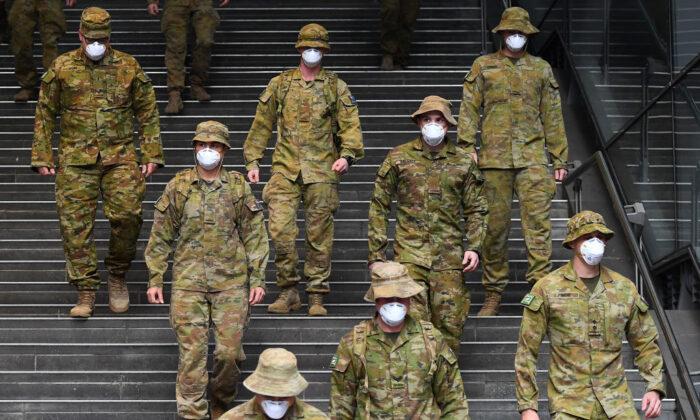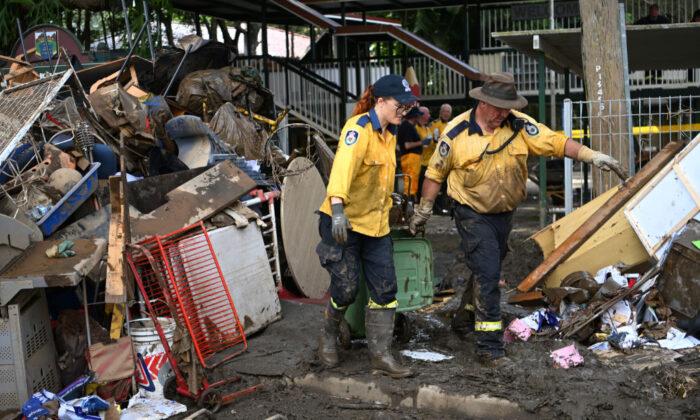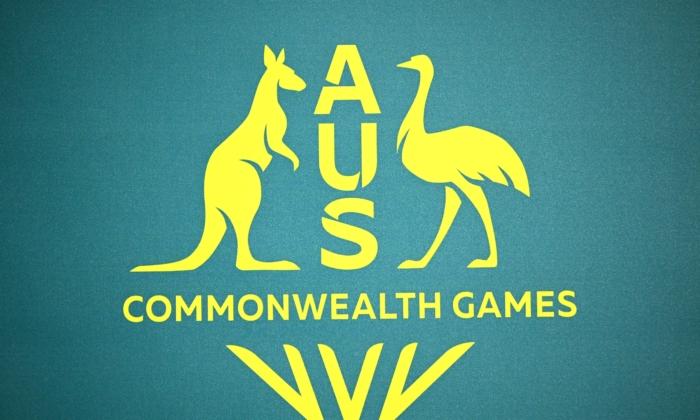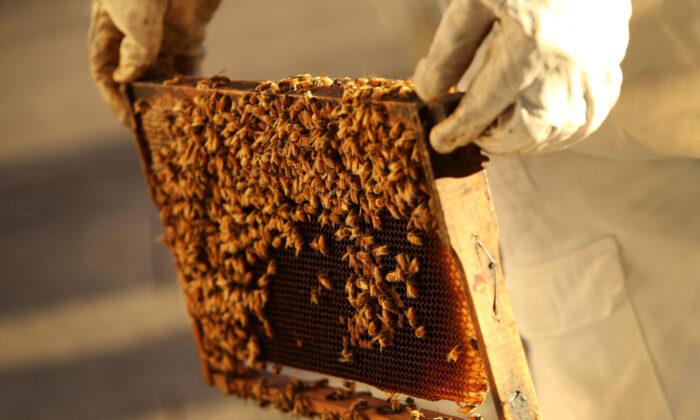The defence force’s culture and commitment to supporting veterans has been called into question during the Royal Commission into Defence and Veteran Suicide.
At a hearing into defence force suicide held in Adelaide on July 21, the royal commission was told of many issues faced by military service families. Head of military personnel, Major General Wade Stothart said the Australian Defence Force (ADF) is still struggling with a number of problems.
The commission was told many relationship breakdowns were identified as a major relevant factor in almost half (49 percent) of the suicides.
This came in the context of 57 defence personnel deaths this year, another report revealed.
The hearing highlighted that suicide monitoring between 1997 and 2020 showed that 41 percent of ADF males and 38 percent of ADF females who died by suicide are identified as having problems in spousal relationships.
In a scoping study that took place in 2022, “research shows that ADF members perform better and serve longer when their family is happy, well and stable.”
“Families can help maintain and improve morale in a person’s military career and support serving members’ preparedness and capacity to carry out missions.
Maj. Gen. Stothart was optimistic about the defence force becoming a “better place.”
“I do think we have fundamentally already shifted our approach,” he said.
“We have an opportunity with this royal commission and other reforms that are ongoing to really embed those.”
Witnesses at the hearing say extra resources such as housing and childcare would be welcomed across the board as it currently is unable to keep up with demand.
Information on support services usually provided through the defence force member meant a potential barrier was being put in place and prevented families from getting the help they need, particularly those in remote postings.
Adjusting Back to Society
On July 18, during an earlier hearing into defence force suicide, former army corporal William Kearney gave insight into the difficulties veterans have when they leave the defence force and try to assimilate back into civilian society.“They have to be aggressive to survive on the battlefield, but there is no process that I’m aware of for undoing that. So when they leave the military, they still have that aggressiveness with them.
“The unfortunate thing is that the civilian world doesn’t like aggression and that can then transform into anger because they don’t understand why they are not fitting back into this system.”
Mr. Kearney said at the hearing that advocates are often left to deal with the anger after going through the appeals process and having the Department of Veterans Affairs (DVA) reject their claim.
Mr. Kearney made a few suggestions during the submission like offering senior officers who are not likely to be promoted an alternate career, such as one in veterans’ advocacy
Training on communication and anger management was also recommended.
“If we were to provide that training, then the person could transit out of the military into a career position, which for some people would be very attractive,” Mr. Kearney said.
The inquiry was also told that medical discharge from the defence force was a risk factor for suicide among veterans.
Physician Stephan Rudzki said that based on data, many ADF members did not respond to treatment and were involuntarily separated.
“If you fail to respond to treatment, you generally continue to have pain. And, unfortunately, if you get injured and then get better, that’s okay, you’ve got your badge of honour, but if you don’t get better, people start raising questions about your veracity and your credibility,” Dr. Rudzki said.
“You are often on prolonged restrictions and this can lead to questions about are you faking it.
“This leads to accusations of malingering, ostracism, mental distress—and then mental distress can lead to impulsive action.”
There have been at least 1,600 Australian veteran deaths by suicide between 1997 and 2020, according to the inquiry.
The rate of suicide among male veterans was 27 percent higher than the general Australian population, and for ex-military women, it was 107 percent higher.
“The impact of these losses is a tidal wave of grief and anger that washes over friends, family, colleagues, and the wider community,” Mr. Kaldas said.
The royal commission was set up in 2021 to look into the systemic issues and factors related to military and veteran suicides.
Defence is encouraging serving and ex-serving members and their families to come forward and share their experiences with the Royal Commission on Defence and Veteran Suicide.
Submissions will be accepted until Oct. 13.
The final report with recommendations from the royal commission is due by June 2024 and will be delivered to the governor-general.
The current hearing is expected to go for two weeks and will resume on July 24 in Adelaide.





